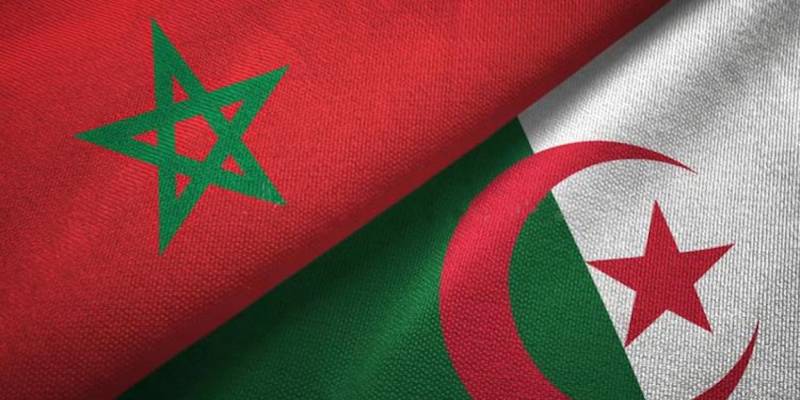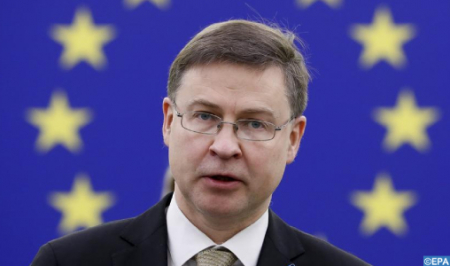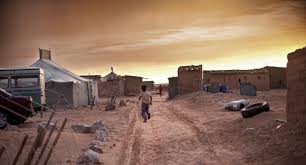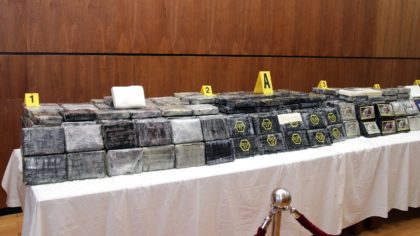In recent years many renowned western pundits exhibited the bad habit of establishing false syllogism and false equivalences when examining Moroccan-Algerian relations.
In their quest to give their analyses the appearance of impartiality and neutrality, many western pundits tend to equate between the belligerent (Algeria) and the victim (Morocco).
In this regard, two examples are worth mentioning for their blatant false syllogism and false assumptions: the 2024 Crisis Group report dubbed “Managing Tensions between Algeria and Morocco” and a German Institute for International & Security Affairs (SWP) report on Maghreb rivalries, published in 2021.
Starting with the most recent report, Crisis Group wrote a lengthy analysis describing Algeria as a victim in a region where Morocco is asserting itself at the economic, diplomatic and geostrategic level.
Nowhere did Crisis group refer to Algeria’s decades long proxy and low-intensity war against Morocco. The Polisario separatists- prior to the 1991 UN-brokered ceasefire and after 2020- have departed from the Algerian territories to fire at Moroccan soldiers in the Sahara. The Polisario have a rear base in Algeria-administered territories. Morocco in return has abstained from practicing its right to hot pursuits in order not to jeopardize the future of relations and trigger an inter-state war with Algeria.
Since 2020, Algeria has taken a series of hostile acts including unilaterally cutting ties with Morocco, banning Moroccan airplanes from crossing the Algerian airspace, shooting tourists lost at sea, harassing Moroccan athletes in championships held in Algeria, instigating and arming the Polisario to do fire plays near the berm, using state-owned media to carry out anti-Morocco propaganda and disinformation campaigns and imposing visa on Moroccan citizens.
On the other side, Morocco has not responded with similar measures. Yet, Crisis Group insists on calling on the West to contain Morocco so as not to alter what it called a military balance in the region.
The same military balance has been seriously affected by colossal Algerian spending on the military, the highest in Africa so far.
Crisis Group refers to Morocco’s diversification of allies as a threat to Algeria! The same “pundits” failed to refer to the King’s numerous calls for normalization of ties with Algeria, whom he describes as a brotherly country.
Crisis Group cites the Polisario as an independent actor, despite the fact that it operates under the umbrella of a military oppressive regime that denies self-determination to its own Kabyle population.
Unlike in Algeria, Crisis Group, whose western experts have a visa-free entry to Morocco, can do its research freely in the Kingdom.
Morocco has reached the phase of a final close of the Sahara dispute and has ushered a momentum that saw major powers such as the US, France, Spain, Israel, the GCC countries back Moroccan sovereignty over the territory.
Morocco has been scoring diplomatic goals while insisting on neighborliness with Algeria, who ironically offered its territory as a recess for a separatist militia.
Morocco will not accept this situation of attrition to go on forever. It has a right to diversify its relations and forge alliances to bolster its national security and deterrence capabilities in the face of the decades-long proxy conflict opposed by an increasingly isolated Algerian regime.
Crisis Group superficiality and false syllogism is reminiscent to an earlier report by the SWP which called on EU powers to intervene to prevent Morocco from widening the gap with its Maghreb neighbors in terms of development and broader ties with African partners.
Impartiality does not equate two parties in a conflict. Crisis Group and SWP should have asked Algeria to provide hard evidence for the so-far false accusations on which it based its decision to cut ties. The two institutions give credence to the antisemitic stances of the Algerian government which suspended visa-free entry because of fear of an incursion of “Zionists” into an increasingly close-off Algeria.
Impartial research in international relations requires rigor and ethics to describe the situation as it is, instead of seeking false equivalences to appear neutral.



